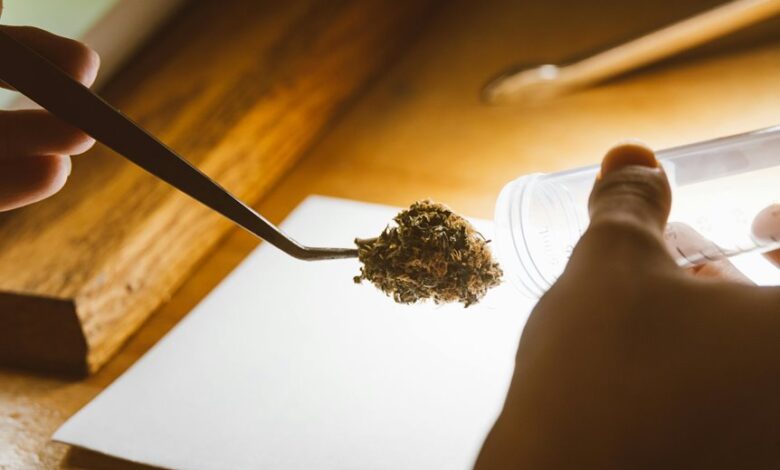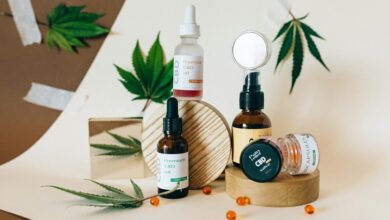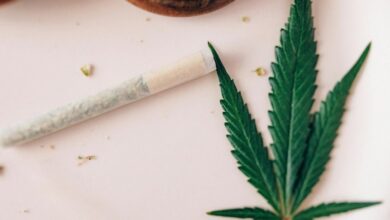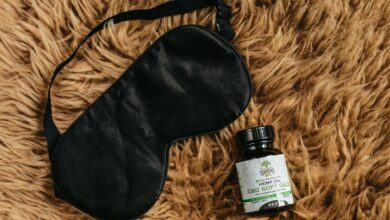Does Cbd Come up on Drug Tests

The question of whether CBD shows up on drug tests is complex. CBD, unlike THC, is not typically detected in standard screenings. However, many CBD products may contain small amounts of THC, which can affect test results. Understanding the nuances of CBD, THC, and the mechanics of drug testing is essential for anyone using these products. What should individuals consider to avoid unexpected outcomes?
Understanding CBD and Its Legal Status
Cannabidiol, commonly known as CBD, has garnered significant attention due to its potential therapeutic benefits and its association with hemp-derived products.
The legal implications of CBD vary significantly across regions, influenced by evolving CBD regulations.
Understanding these laws is crucial for consumers seeking to enjoy the benefits of CBD while remaining compliant with local statutes, thus ensuring their freedom to choose responsibly.
The Difference Between CBD and THC
While both CBD and THC are derived from the cannabis plant, their effects on the body and mind are profoundly different.
CBD benefits include pain relief, anxiety reduction, and anti-inflammatory properties without psychoactive effects.
In contrast, THC effects are characterized by euphoria and altered perception.
Understanding these differences is crucial for individuals seeking the therapeutic advantages of cannabis without the intoxication associated with THC.
How Drug Tests Work
Understanding the key differences between CBD and THC is important for those considering their use, especially in light of drug testing procedures.
Drug testing methods, such as urine analysis, typically detect THC metabolites rather than CBD. This distinction is crucial for users who wish to avoid potential legal or employment issues, as most tests are designed to identify THC presence specifically.
Factors Influencing Drug Test Results With CBD
Several factors can influence the results of drug tests when it comes to CBD use.
The presence of CBD metabolites in the body, the type of CBD product consumed, and the sensitivity of the testing method all play crucial roles in drug detection.
Additionally, individual metabolism and dosage can affect how long these metabolites remain detectable, potentially leading to unexpected results.
Conclusion
In the garden of wellness, CBD often blooms without concern of being plucked by the watchful eye of drug tests. However, lurking in the shadows, trace amounts of THC can masquerade, turning a peaceful stroll into a treacherous path. As seekers of health navigate this landscape, they must choose their plants wisely, opting for those certified as THC-free to ensure their journey remains unblemished. In this delicate dance, knowledge and caution are the greatest allies.





